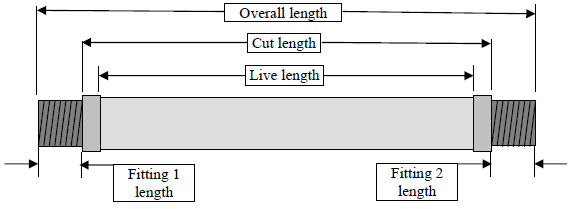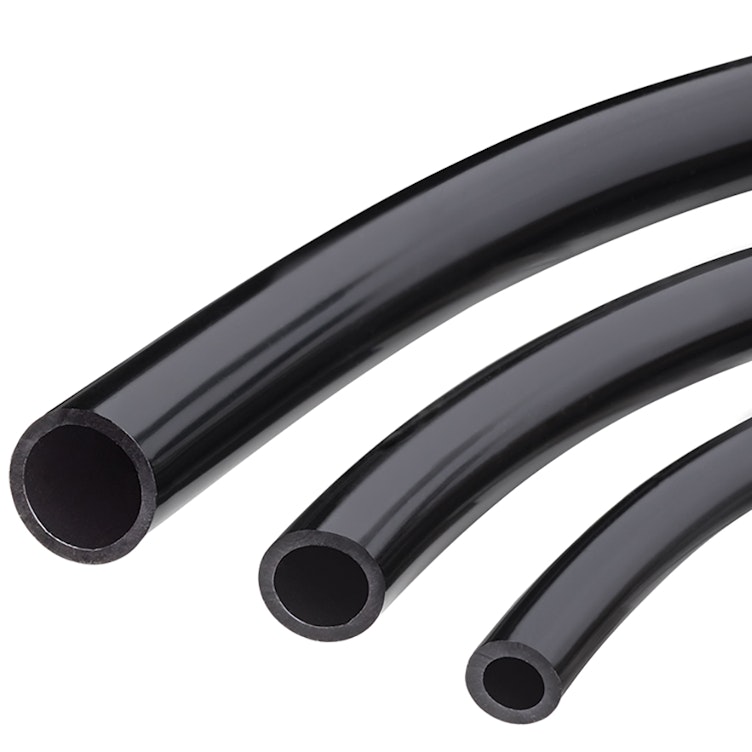When buying hoses, there are several important factors to consider to ensure you make the right choice for your specific needs. Here are some key considerations:

1. Purpose and Intended Use:
Determine the primary purpose for which you need the hose. Are you using it for gardening, irrigation, industrial applications, or something else? Different hoses are designed to handle specific tasks and environments, so understanding your intended use will help you select the appropriate type of hose.
2. Hose Material:
Hoses are available in various materials, each with its own set of advantages and limitations. Common materials include rubber, PVC (polyvinyl chloride), polyurethane, and reinforced fabrics. Consider factors such as durability, flexibility, temperature resistance, and chemical compatibility when choosing the material of your hose.

3. Length and Diameter:
The length and diameter of the hose are crucial factors to consider. Assess the distance you need to cover and ensure that the hose length is sufficient for your requirements. Additionally, consider the diameter of the hose, as it directly affects the water flow rate. A larger diameter allows for higher water flow but may be bulkier and heavier to handle.
4. Pressure Rating:
Determine the water pressure requirements for your specific application. Different hoses have varying pressure ratings, and it's important to select a hose that can withstand the pressure needed without leaks or bursting.
5. Flexibility and Kink Resistance:
Look for hoses that offer good flexibility, allowing for easy maneuverability without kinking or tangling. Flexible hoses are easier to handle and store, saving you time and effort in the long run.
6. Fittings and Connectors:
Consider the fittings and connectors used with the hose. Ensure that they are compatible with your existing equipment or attachments. Common fitting materials include brass, plastic, and stainless steel, each with its own benefits in terms of durability and corrosion resistance.

7. UV and Weather Resistance:
If you plan to use the hose outdoors, consider its resistance to UV rays and weather conditions. Hoses with UV protection are less likely to degrade and crack when exposed to sunlight for extended periods.
8. Warranty and Customer Support:
Check if the hose comes with a warranty and what it covers. A good warranty provides assurance and protects you against manufacturing defects. Additionally, consider the customer support offered by the manufacturer or retailer in case you have any questions or concerns.
9. Budget:
Set a budget for your hose purchase. While it's important to consider quality and durability, it's also essential to find a hose that fits within your budget. Compare prices and features to make an informed decision without compromising on essential requirements.
By considering these factors and understanding your specific needs, you can confidently choose the right hose for your intended application, ensuring efficient and reliable performance.